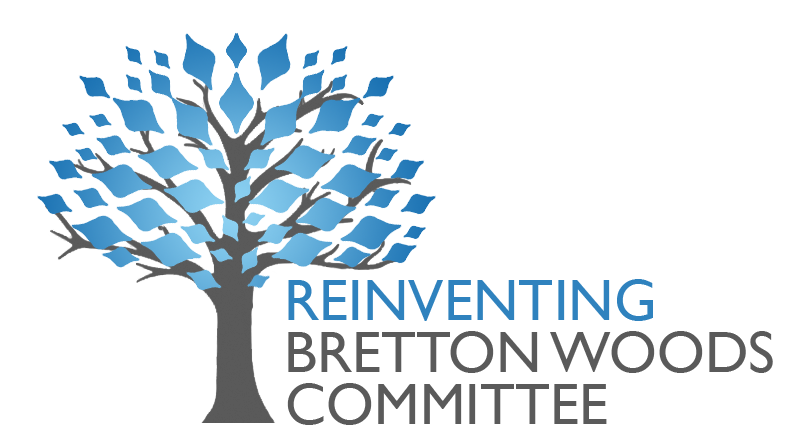Developing Local Currency Finance and Local Capital Markets
Astana, Kazakhstan
May 18-19, 2011
Partners


Overview
Under-developed local currency and capital markets as well as lack of domestic funding proved to be major vulnerabilities in the global economic crisis and at the time of this conference it was clear that urgent steps were needed to redress these troubling shortcomings. Held on the sidelines of the EBRD Annual Meeting, this conference allowed for a careful discussion of possible responses to the challenge of excessive foreign currency borrowing. Participants examined the concrete causes and consequences of such borrowing, discussed case studies on how countries such as Turkey, Russia and Poland had managed to reduce dependence on foreign currency, they weighed the practical implications of the development of local currency markets and they reflected on how cross-border credits could be made less risky. In his opening remarks to the conference, the EBRD President’s Thomas Mirow said that countries whose private and public debt was denominated in domestic currency were far less susceptible to external shocks than countries that were highly dollarized or euroised. He explained: “International financial integration is good, but its risks must be mitigated by what one might call ‘local financial content’: local currency, local deposit bases and local capital markets.” Finally, although the conference underlined a need for a multi-faceted and multi-dimensional approach to the development of local currency markets grounded in deep reforms, participants warned that to be successful the process set in motion would have to be owned locally and market driven.
Agenda
Speakers
- Alexey ULYUKAEV: First Deputy Chairman, Bank of Russia
- Andrzej RACZKO: Member of the Management Board, National Bank of Poland
- Benoit COEURE: Deputy Director-General, Chief Economist, Ministry of Finance of France
- Bernd BRAASCH: Bundesbankdirector, Deutsche Bundesbank
- Chris MARSH: Economist, Strategy Unit, IMF
- Christian DURAND: Deputy Director General Economics and International Relations, Bank of France
- Eduardo BORENSZTEIN: Advisor, Inter-American Development Bank
- Erdem BASCI: Governor, Central Bank of Turkey
- Erik BERGLOF: Chief Economist, BERD
- Frank WESTERMANN: Professor of International Economic Policy, University of Osnabrück
- Grigoriy MARCHENKO: Governor, National Bank of Kazakhstan
- Herman KAMIL: Economist, IMF
- Isabelle LAURENT: Deputy Treasurer, EBRD
- Jeromin ZETTELMEYER: Deputy Chief Economist, EBRD
- Jong-Ku CHOI: Deputy Minister of Strategy and Finance, Republic of Korea
- Karim MASSIMOV: Prime Minister of Kazakhstan
- Leonardo LEIDERMAN: Professor of Economics, Berglas School of Economics, Tel-Aviv University
- Marc UZAN: Executive Director, Reinventing Bretton Woods Committee
- Marisa LAGO: Assistant Secretary, International markets. Development, US Treasury
- Mark ALLEN: Senior Regional Representative for Central and Eastern Europe, IMF
- Martin BROWN: Professor of Banking, University of St. Gallen
- Philip TURNER: Deputy Head, Monetary and Economic Department, BIS
- Ralph DE HAAS: Lead Economist, EBRD
- Robert GRAY: Chair, Sovereign Advisory Group, HSBC
- Thomas MIROW: President, EBRD
- Zhang TAO: Director General of International Department, People’s Bank of China



